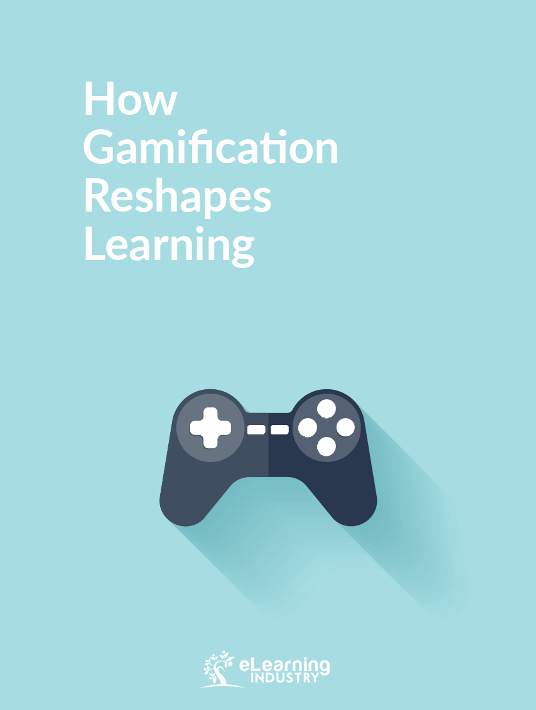Digital Game-Based Learning (DGBL) is the pedagogical method of teaching theories or concepts through play in digital simulations. Unlike gamification, which is the layering of game mechanics on non-game environments, DGBL calls for the direct use of digital games as educational texts (game genres such as adventure, platformer, AI, interactive fiction, mmorpg, sandbox, and more can be used). I assign digital games in my college courses to provide students with safe, virtual environments for engaging in playful problem solving, while cultivating their creative and critical thinking skills.
One of my most well received DGBL assignments employs the first person interactive fiction game, The Stanley Parable, for teaching the philosophical theories of free will and determinism. The Stanley Parable is a narrative-driven game that places the responsibility of choice on the player. The premise of the game is simple: Stanley must make certain choices in order to recall why he wakes up alone in an empty office building. During gameplay, the player is constantly prompted by a non-visible omniscient narrator to make certain choices, which according to the narrator are pre-destined. The player must make some choices to progress, but has the option of either following or ignoring the narrator’s persistent, unsolicited advice. Several outcomes are possible depending on the player’s choices.
To complete my DGBL assignment, my philosophy students must play through The Stanley Parable, and write an analytical essay on whether or not Stanley has free will. My students revealed that they felt the need to conduct extensive research on free will and determinism to properly analyze the game that they enjoyed. Essentially, I use the game to help students recognize how philosophy applies to understanding the world, and to raise the rigor of their writing. My students’ enthusiastic responses make the game a must play in my philosophy courses.



